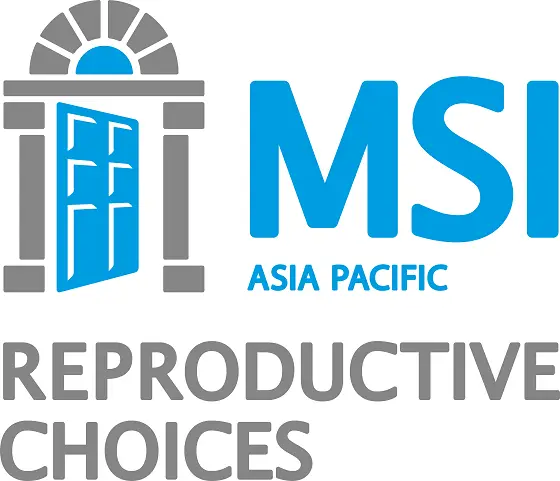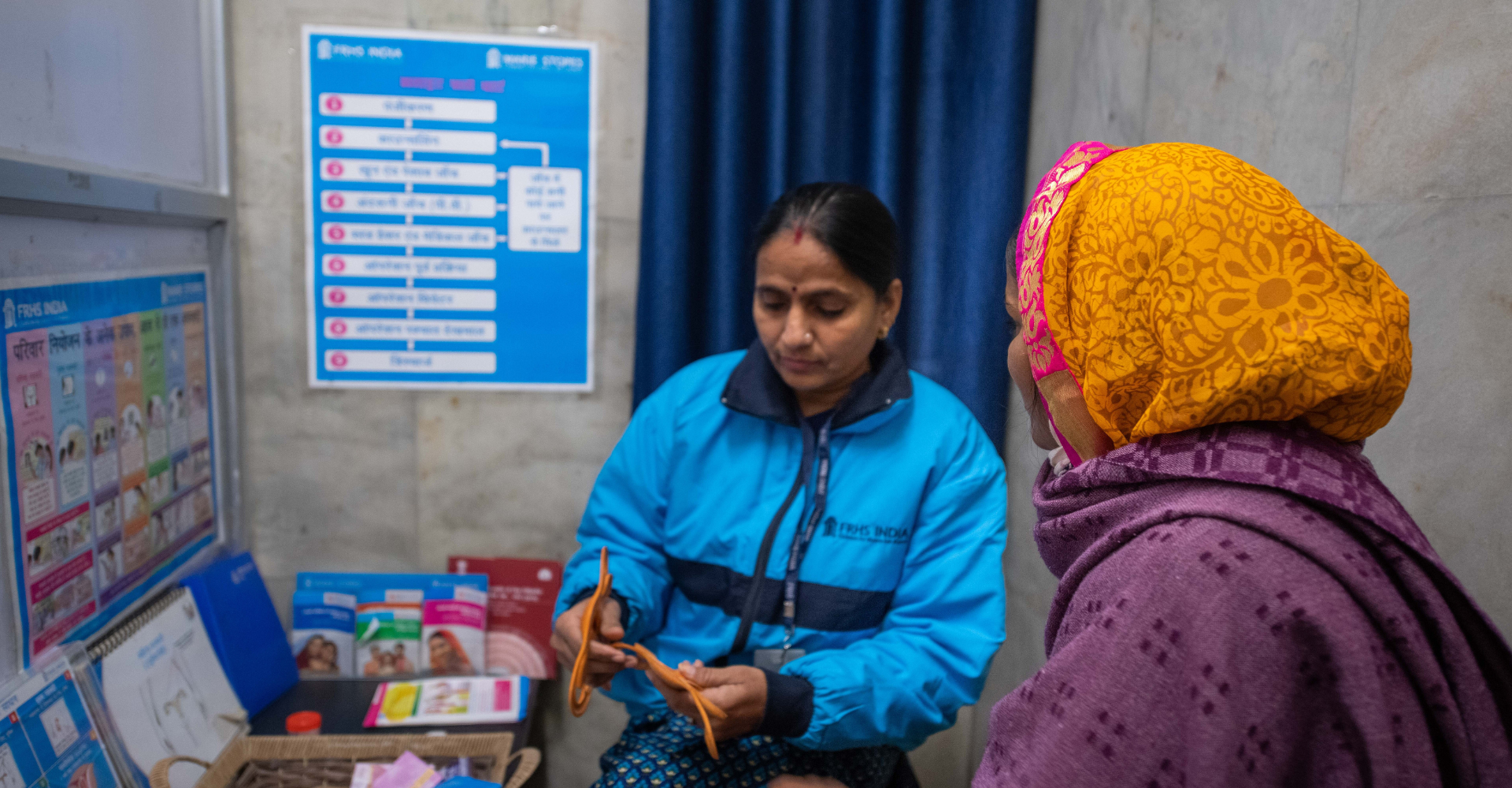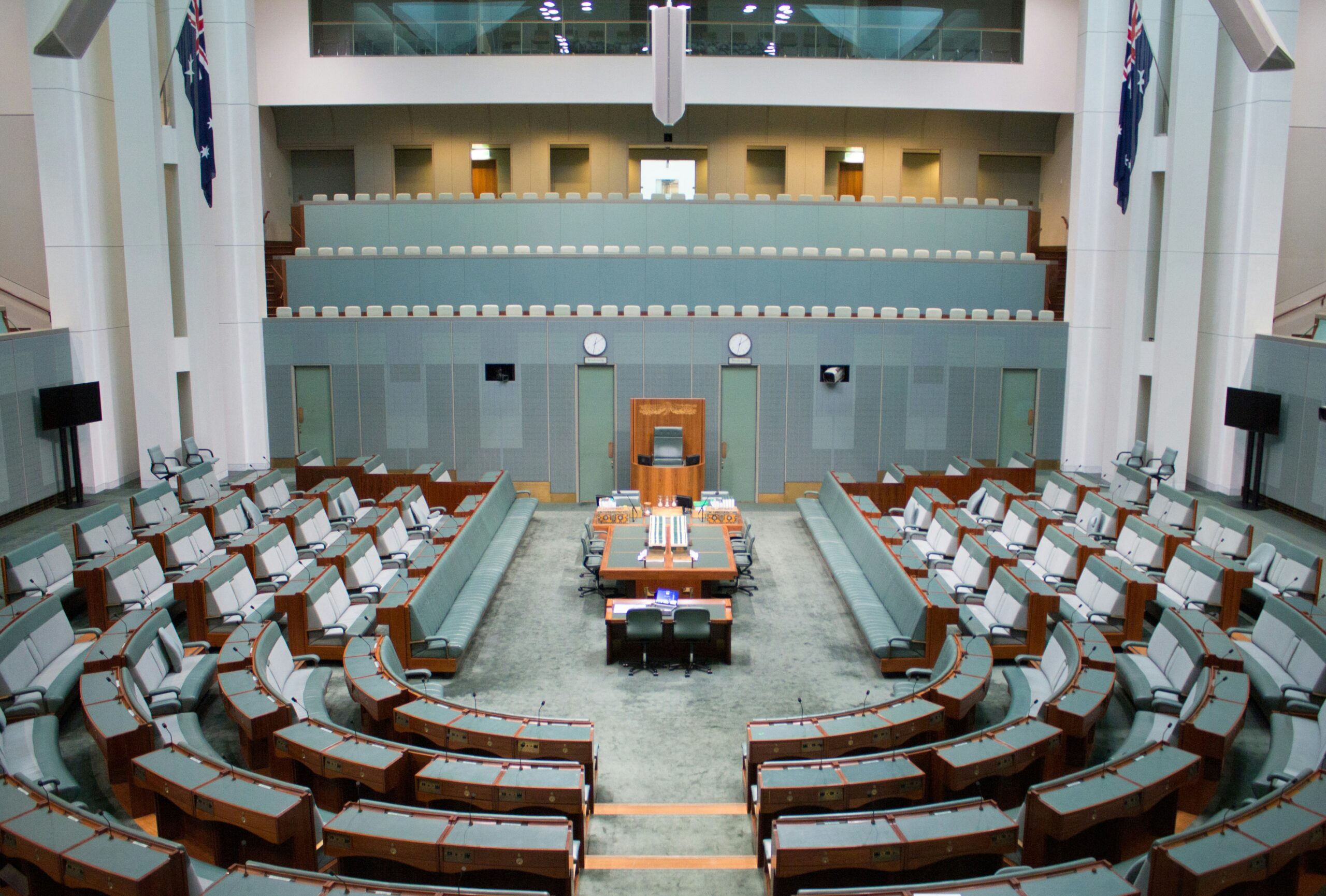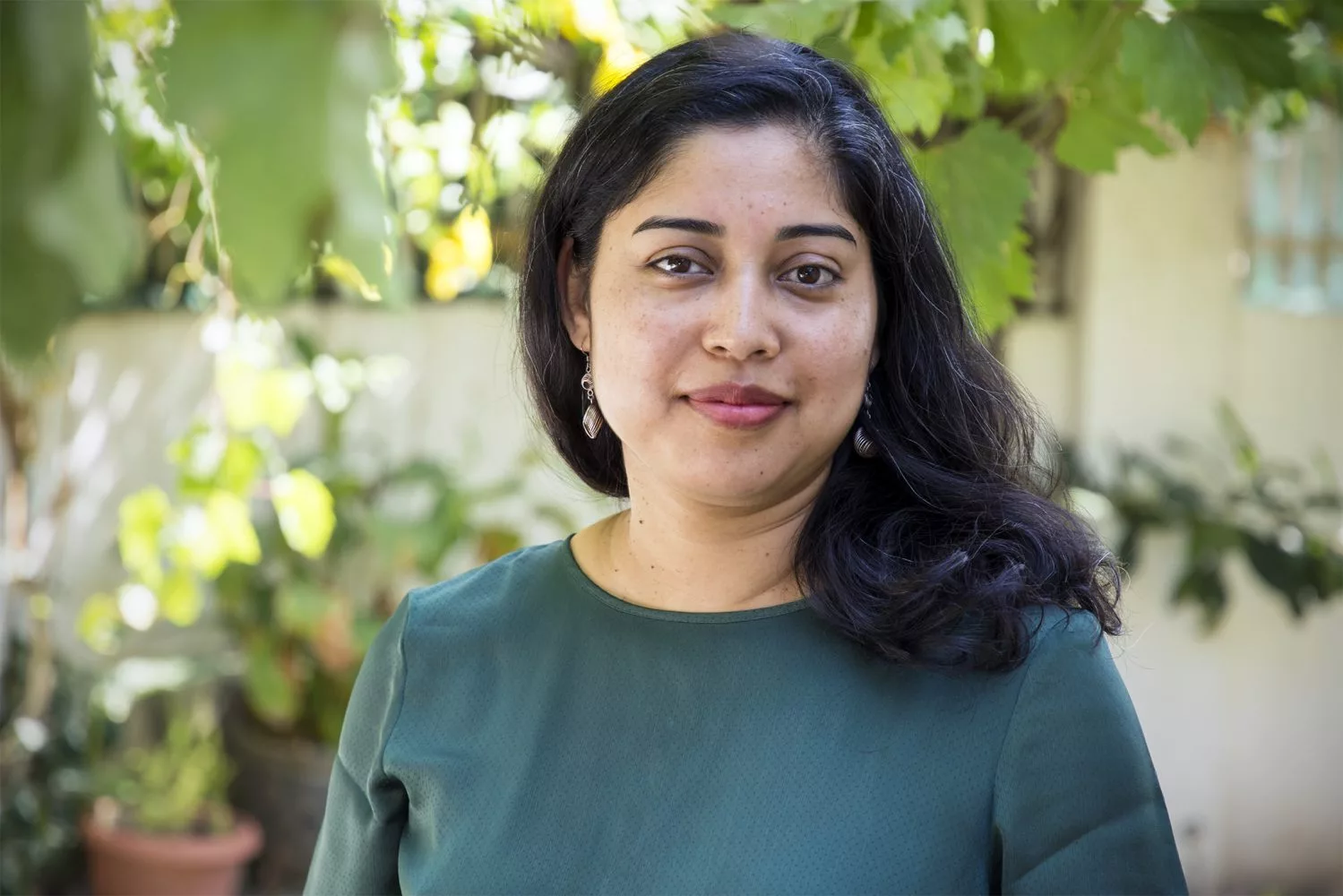Across the world, reproductive rights are under threat. Anti-choice movements are growing, legal protections are being rolled back, and political changes risk undoing decades of progress.
But in the face of these challenges, there have also been big wins that show change is possible. From new laws to faith-based advocacy, progress is happening—and it’s worth celebrating.
Australia’s commitment to global reproductive rights
The Australian Government’s new Gender Equality Strategy is a strong step forward for gender equality. This is the first Australian gender equality strategy that explicitly affirms sexual and reproductive health and rights, including the right to abortion, as a priority.
Over time, strategies like this can have a large-scale positive impact on stigma, choice and access. In an era when countries across Asia and the Pacific face the worst effects of climate change, choice and resilience are more important than ever.
Western Australia decriminalises abortion: A historic moment
In 2023, Western Australia became the last Australian state to decriminalise abortion. This means abortion is no longer treated as a crime and is recognised as healthcare. People in WA now have the same reproductive rights as those in other states. While some access issues remain, this change is a big step forward.
“These legislative reforms make it clear that reproductive choice, and access to abortion care, should be just as accessible and affordable to Western Australians as any other form of healthcare,” said Greg Johnson, Managing Director of MSI Australia.
France enshrines abortion rights in its constitution
France made history in 2024 by becoming the first country to protect abortion rights in its constitution. At a time when abortion access is being restricted in many places, this decision ensures future generations in France will have this right. It also sends a strong message that abortion is essential healthcare.
Advocating for choice in India
In India, years of advocacy led to a big win in 2022 when the Supreme Court ruled that all women, married or not, have the right to safe, legal abortion.
This decision came after hard work by the Pratigya Campaign, a coalition of 127 organisations fighting for abortion rights in India.
When the lawyers in the room heard the verdict, they sent me a WhatsApp message straight away. Years of advocacy had led to this moment.
Debanjana Choudhuri, director of programmes and partnerships for MSI’s program Foundation for Reproductive Health Services India, reflects on this victory:
“When the lawyers in the room heard the verdict, they sent me a WhatsApp message straight away. Years of advocacy had led to this moment.
The judges agreed with five of our recommendations, including ensuring unmarried women have access to abortion and reducing provider restrictions. It’s still not perfect, but it was a watershed moment. We continue to work to sustain this movement, taking on the challenges of shrinking donor funding and a sophisticated opposition.”
Ireland expands abortion access
Since the repeal of the Eighth Amendment in 2018, Ireland has continued to improve abortion access. Recent changes have removed barriers like mandatory waiting periods, making it easier for people to get the care they need. Ireland’s progress shows how ongoing advocacy can lead to real change.
Faith-based organisations supporting reproductive rights
Many people assume that religion and reproductive rights are always in conflict. But faith-based organisations are speaking up for choice.
In Malawi, Reverend Cliff leads the Religious Leaders Network for Choice, working with MSI Malawi to support contraception and abortion rights. He explains why faith leaders can be powerful advocates:
“Many look to religious leaders for direction about how to live their lives, and I know I have a unique power and voice to make change. The popular view is that religion is inherently anti-choice. But I happen to know many religious people who are pro-choice because of their faith, and some of us came together in 2019 to form the Religious Leaders Network for Choice."
He continues, “With MSI’s support, we ramped up our advocacy in 2023. We’ve now trained over 1,000 religious leaders, 350 traditional leaders, and 100 journalists, and engaged with youth and policymakers. Advocacy takes time, but the most important thing is that we do achieve full access to reproductive healthcare and justice for all.”
Hope, resilience and the fight ahead
Even though reproductive rights are under attack, these wins show that progress is still happening. Each victory—whether a new law, a policy change, or cultural shift—proves the strength of the movement. But the work isn’t over. To protect and build on these gains, we need to stay active, support advocacy, and stand together. By doing so, we can make sure these hard-won rights are not only defended but expanded.




